Embryo transfer is one of the most crucial moments in an IVF cycle. Whether you’ve undergone a fresh or frozen embryo transfer at SCI IVF Hospital, the days that follow can feel like an emotional rollercoaster filled with hope, anxiety, and anticipation.
Let’s explore the possible pregnancy symptoms you may experience and what they mean.

Understanding the Embryo Transfer Process
After the embryo (either fresh or frozen) is transferred into the uterus, a two-week wait (2WW) begins before you can take a pregnancy test. During this time, the embryo may implant into the uterine lining and start producing human chorionic gonadotropin (hCG)—the hormone detected in pregnancy tests.
At SCI IVF Hospital, one of the leading centres for frozen embryo transfer in Delhi, we ensure every patient is guided through this sensitive phase with utmost care and support.
Common Pregnancy Symptoms After Embryo Transfer
Here are some common symptoms women may experience post embryo transfer:
1. Mild Cramping and Pelvic Discomfort
This may feel like period cramps. It can be a result of the implantation process or hormonal changes from the medications you’re taking.
2. Spotting or Light Bleeding
Known as implantation bleeding, this can occur 6–10 days after the embryo transfer and is usually light in color and flow.
3. Breast Tenderness
Increased estrogen and progesterone levels can cause breast soreness or fullness—an early sign of pregnancy.
4. Fatigue
As hCG levels begin to rise, your body may feel unusually tired—even with enough rest. This could be an early pregnancy symptom.
5. Bloating
Hormonal medications combined with early pregnancy changes may cause abdominal bloating and a feeling of fullness.
6. Mood Swings
Mood fluctuations can result from both hormones and the emotional weight of the waiting period.
7. Increased Urination
As hCG and progesterone levels increase, you may notice a higher frequency of urination.
Can You Trust These Symptoms?
While these symptoms might be promising, it’s important to remember they can also result from progesterone supplementation or other fertility medications. That’s why the only reliable confirmation is through a blood test (beta-hCG), typically done 10–14 days after the embryo transfer.
When Should You Take a Pregnancy Test?
At SCI IVF Hospital, we recommend waiting at least 10 days after a frozen embryo transfer to perform a beta-hCG test, as testing too early may lead to false results and unnecessary stress.
Stay Positive and Connected with SCI IVF Hospital
Whether you're undergoing a frozen embryo transfer in Delhi or a fresh IVF cycle, the waiting period can be challenging. At SCI IVF Hospital, we offer emotional and medical support at every step. Our experienced fertility specialists are here to guide you through the process with transparency, empathy, and expert care.
Conclusion
Experiencing early pregnancy symptoms after embryo transfer can be both exciting and confusing. While these signs may offer hope, it’s best to wait for your scheduled test to confirm pregnancy. Trust the process, and know that you're in safe hands at SCI IVF Hospital, a leader in frozen embryo transfer in Delhi.
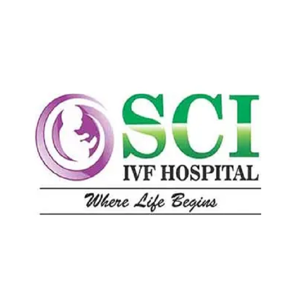
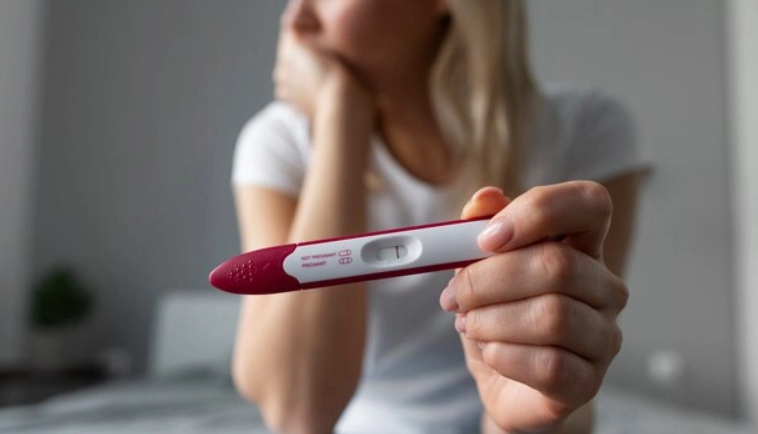
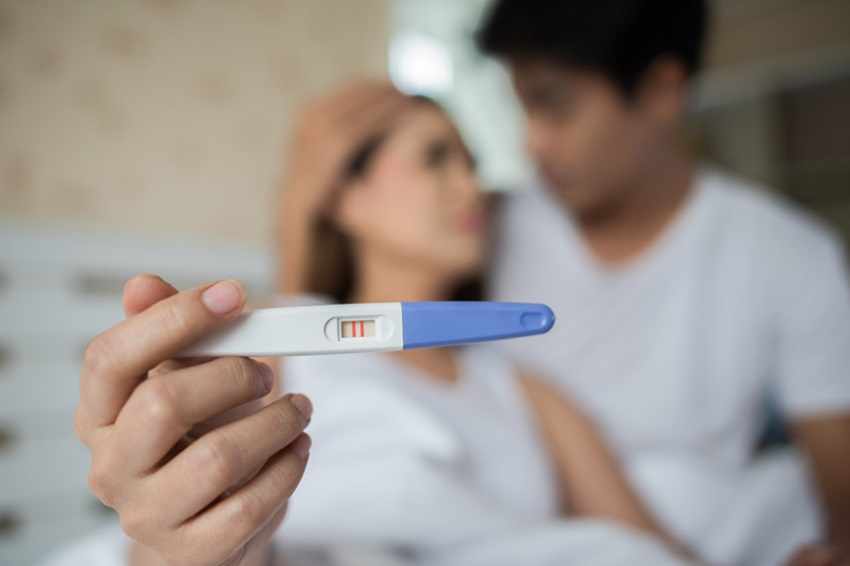




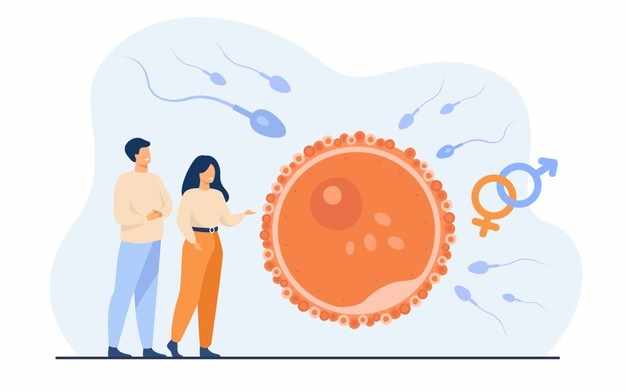

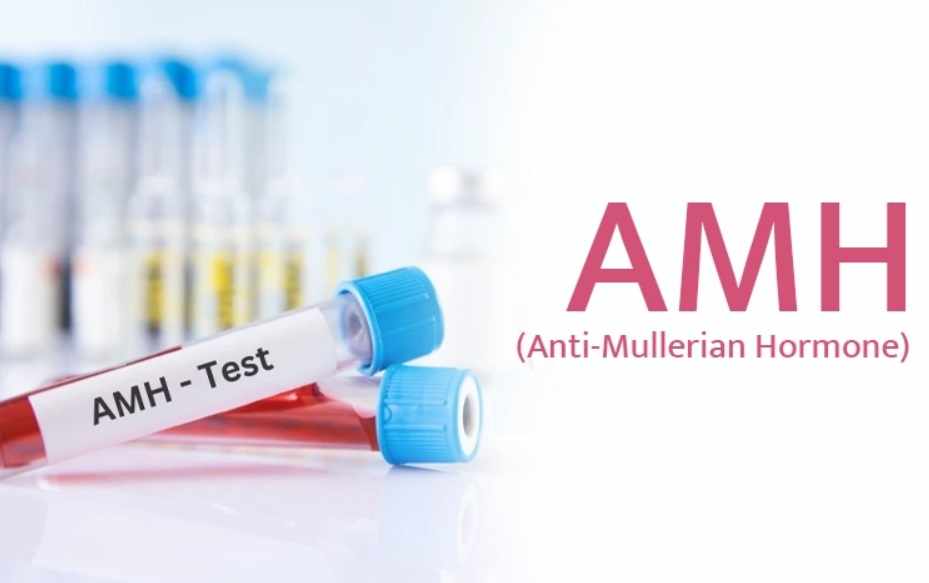

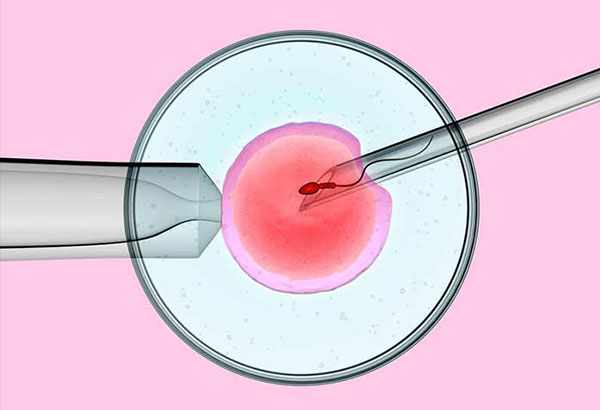
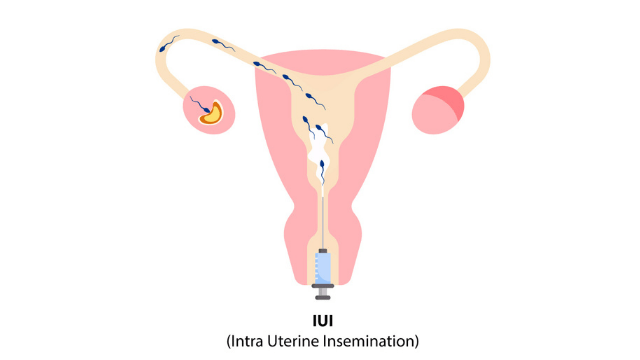

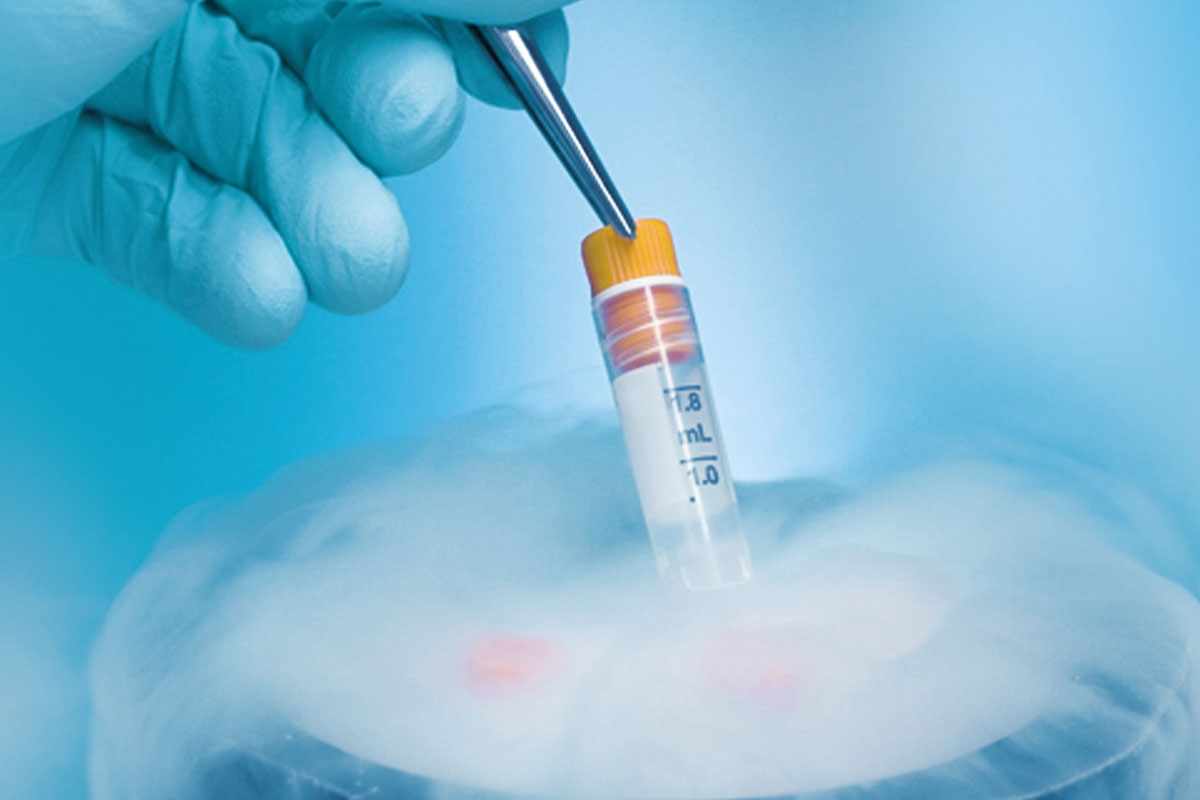
Write a comment ...